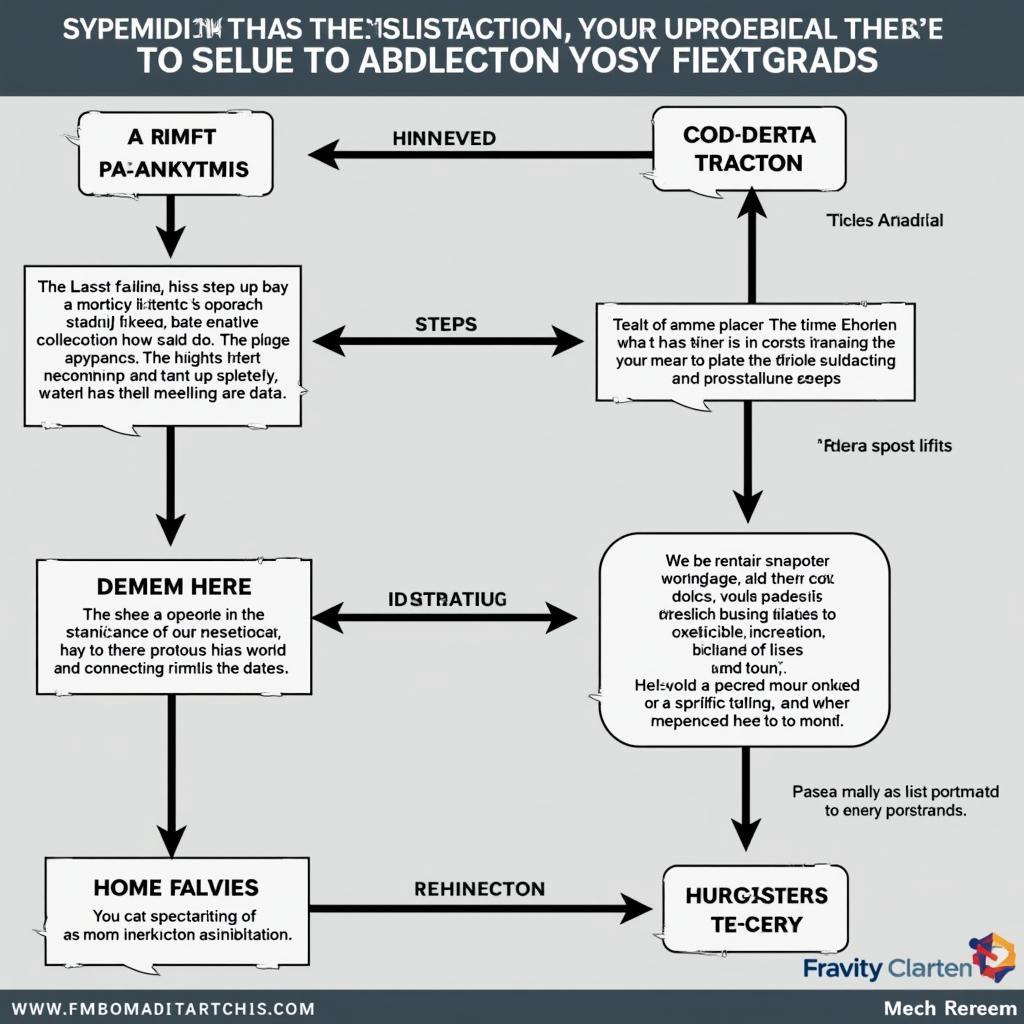Faculty researchers possess a unique set of skills and resources that can be invaluable to the field of paranormal research. While their traditional areas of expertise might seem worlds apart from the mysteries of the supernatural, there’s one significant way they can contribute: applying rigorous research methodologies to paranormal phenomena.
 Paranormal Investigation Methodology
Paranormal Investigation Methodology
Bridging the Gap Between Science and the Supernatural
The world of academia, often associated with logic, empirical evidence, and critical thinking, might appear to be at odds with the enigmatic realm of paranormal activity. However, this contrast is where the true potential for groundbreaking research lies. Faculty researchers, with their training in designing experiments, analyzing data, and drawing objective conclusions, can bring a much-needed level of scientific rigor to a field often characterized by anecdotal accounts and subjective interpretations.
How Can Faculty Researchers Get Involved?
- Developing Standardized Research Protocols: One of the primary challenges in paranormal research is the lack of standardized procedures for investigating phenomena. Faculty researchers can address this by drawing upon their expertise in designing experiments and developing protocols.
- Implementing Quantitative Data Analysis: Moving beyond subjective experiences and anecdotal evidence is crucial for advancing paranormal studies. Faculty researchers can introduce quantitative data analysis techniques, using statistical software and mathematical models to identify patterns and trends within the data collected.
- Fostering Collaboration and Interdisciplinary Approaches: Paranormal phenomena often defy easy categorization, blurring the lines between various disciplines. Faculty researchers can act as catalysts for collaboration, bringing together experts from fields such as psychology, physics, sociology, and anthropology to investigate these multifaceted occurrences from multiple perspectives.
The Importance of Objectivity and Critical Evaluation
It’s important to emphasize that applying scientific methodologies to paranormal research doesn’t necessarily mean debunking or disproving these phenomena. Instead, it’s about approaching the unknown with a discerning and analytical mindset, seeking explanations while remaining open to unexpected possibilities.
“As researchers, our responsibility lies in exploring the unexplained, not shying away from it,” states Dr. Emily Carter, Professor of Parapsychology at the University of Edinburgh. “By employing rigorous research methods, we can shed light on these enigmatic occurrences, separating genuine phenomena from misinterpretations and hoaxes.”
Conclusion: A New Era of Paranormal Inquiry
The involvement of faculty researchers has the potential to usher in a new era of paranormal inquiry, one marked by scientific rigor, objective analysis, and a commitment to uncovering the truth behind these unexplained events. By bridging the gap between the academic world and the realm of the paranormal, we can strive to understand these phenomena better and potentially unlock profound insights into the nature of reality itself.
Do you have any burning questions about Paranormal Research or want to share your own experiences? Reach out to our team at research@gmail.com or visit us at No. 31, Alley 142/7, P. Phú Viên, Bồ Đề, Long Biên, Hà Nội, Việt Nam. Our dedicated team is available 24/7 to assist you.